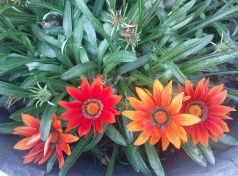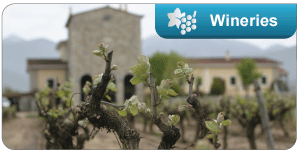Founders of alternative farming
The founders of alternative farming, deserve much esteem, especially since alternative farming is proving itself more and more necessary in today’s world. Below is a description of some of the most outstanding and noteworthy founders of alternative farming:
• Albert Howard: An English agriculturalist, who was one of the first to propose “organic farming” which would give priority to the fertility of the soil without the use of chemical fertilizers. He declared that “natural” agriculture is the basis of real human progress. After the publication of his book, An Agricultural Testament, his methods were adopted and developed by the British Soil Association.
• Rudolf Steiner: An Austrian, who with his lectures in the Koberwitz castle (Poland) set the foundations for biodynamic farming. These lectures took place in 1924, following the request by a group of affluent farmers who were seriously concerned about the progressive downgrade of the soil and the decrease of its fertility due to the use of excessive chemical interventions.
• Ehrenfeld Pfeiffer: A German biologist, and close associate of/assistant to Rudolf Steiner, who put the first biodynamic preparations in practice and developed Steiner’s theories.
• Maria Thun: She followed in the steps of Ehrenfeld Pfeiffer. Her well known calendar for agricultural work is constantly studied even by farmers of conventional farming.
• Maria and Hans Müller: This couple talked in Switzerland about a farming model that secures the independence of small farmers.
• Hans Peter Rusch: Germans, who in cooperation with the Müllers investigated the relationship of human health and good nutrition/diet in depth, eventually developing the “organic biological” farming.
• Masanobu Fukuoka: A Japanese microbiologist who, inspired by the Zen philosophy, proposed “nature farming” and the “agriculture of no”



